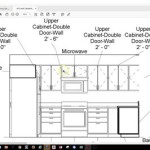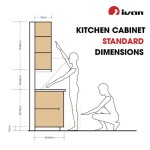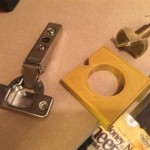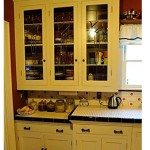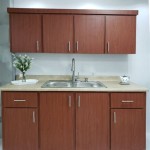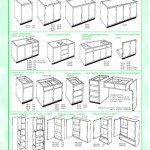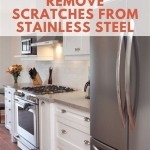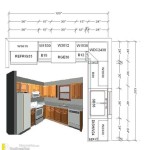What is The Best Glue For Kitchen Cabinets?
When it comes to kitchen cabinets, choosing the right glue is essential for ensuring a strong and durable bond. With so many different types of glues available, it can be overwhelming to know which one is best for your project.
In this article, we'll explore the key factors to consider when choosing a glue for kitchen cabinets, and we'll provide recommendations for the best glues for various types of materials and applications.
Factors to Consider When Choosing a Glue
- Material Compatibility: Different glues are designed for specific materials, such as wood, metal, or plastic. Choose a glue that is compatible with the materials you'll be bonding.
- Strength and Durability: The strength and durability of the glue will determine how well it holds up over time. Choose a glue that is strong enough for the intended application.
- Moisture Resistance: Kitchen cabinets are often exposed to moisture, so it's important to choose a glue that is moisture-resistant. This will prevent the glue from breaking down over time.
- Application Method: Some glues require special tools or techniques for application. Choose a glue that is easy to apply and that you're comfortable using.
Recommended Glues for Kitchen Cabinets
Here are some of the best glues for kitchen cabinets, based on the factors discussed above:
- Wood Glue: Wood glue is a strong and durable adhesive that is ideal for bonding wood cabinets. It is easy to apply and dries clear.
- Epoxy: Epoxy is a two-part adhesive that forms a strong and permanent bond. It is ideal for bonding dissimilar materials, such as wood to metal or plastic.
- Construction Adhesive: Construction adhesive is a versatile adhesive that can be used on a variety of materials, including wood, metal, and plastic. It is strong and durable, and it dries clear.
- Contact Cement: Contact cement is a strong and fast-acting adhesive that is ideal for bonding large surfaces. It is important to follow the manufacturer's instructions carefully when using contact cement.
Tips for Applying Glue
- Clean the surfaces: Before applying glue, clean the surfaces to be bonded with a damp cloth to remove any dirt or debris.
- Apply a thin layer of glue: Apply a thin layer of glue to both surfaces to be bonded, and spread it evenly.
- Join the pieces: Join the pieces together and press them firmly. Hold them in place for the amount of time specified by the manufacturer.
- Allow the glue to cure: Allow the glue to cure completely before using the cabinets.
Conclusion
Choosing the right glue for kitchen cabinets is essential for ensuring a strong and durable bond. By considering the factors discussed above and using the recommended glues, you can ensure that your kitchen cabinets will last for years to come.

How To Glue Back Down Cabinet Laminate

5 Best Wood Glue For Cabinets 2024 Kitchen Cabinet Laminate Ski By On Dribbble

Types Of Glue The Right For Every Repair Job Bob Vila

Best Pvc Membrane Glue Water Kitchen Cabinet Doors China Press Adhesive Made In Com

Repair Loose Vinyl Cabinet Door Edges

Best Way To Glue Backing Base Peninsula Cabinet Diy Home Improvement Forum

How Do I Fix Laminate Cabinets Hometalk

Kitchen Cabinets 9 Easy Repairs Diy Family Handyman

Refinishing Kitchen Cabinets Modern Refacing Made Easy Wisewood

8 Cabinet Joints For Your Home Improvement Project

